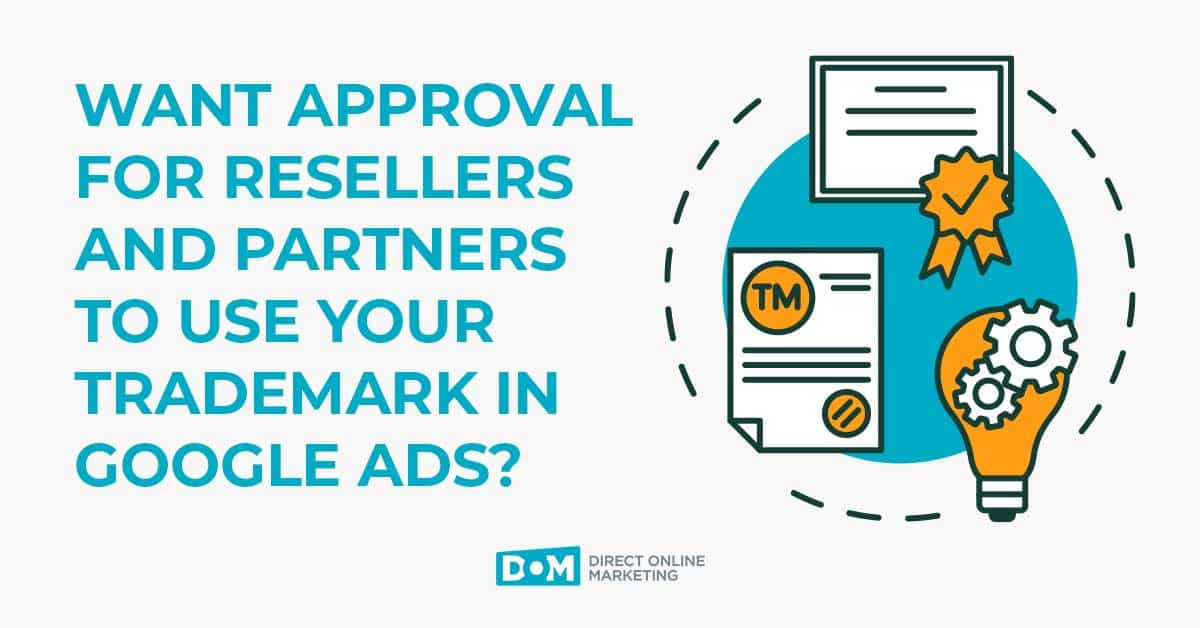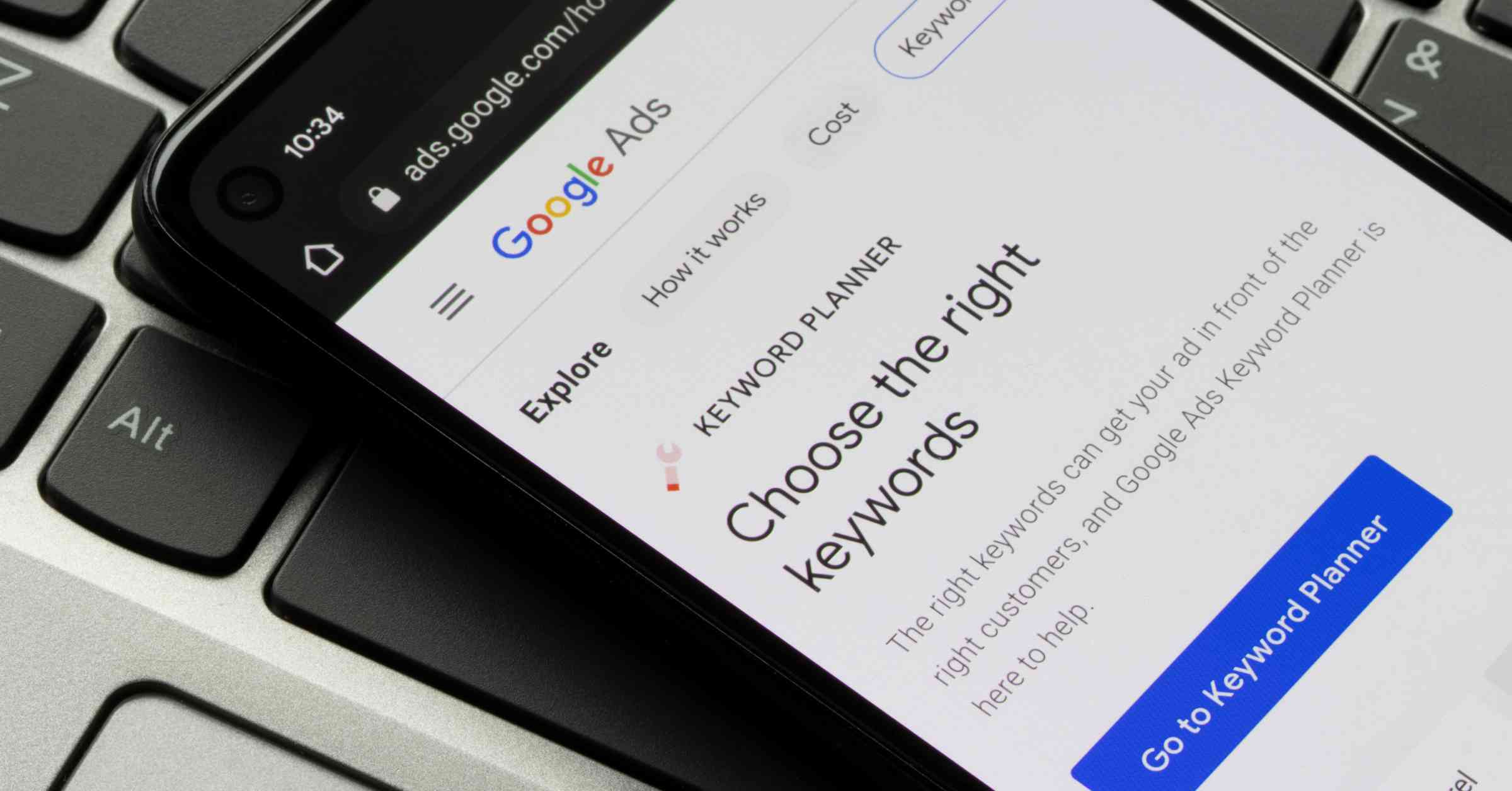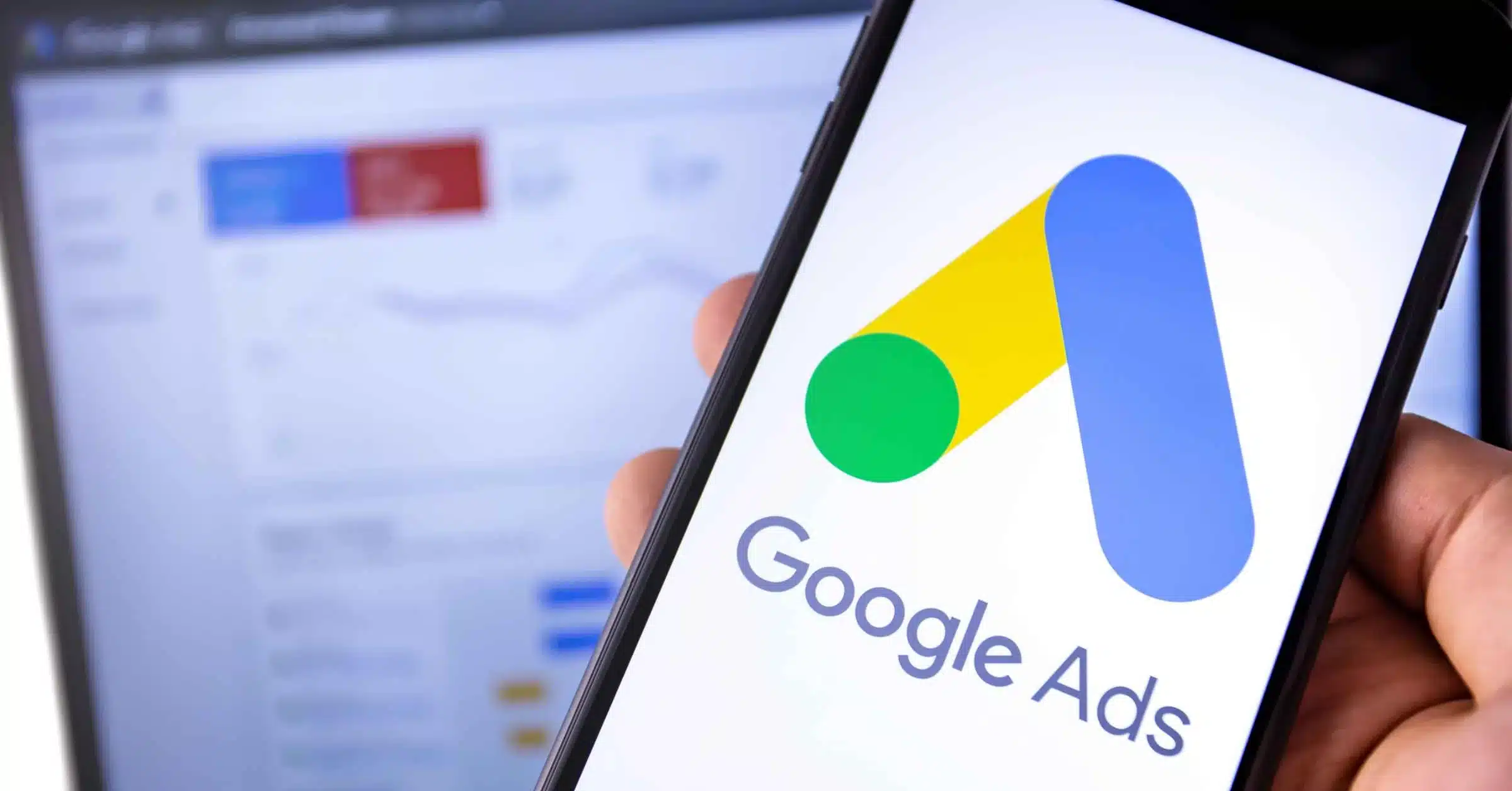
So seemingly the whole world is abuzz about Google Instant – that new feature Google launched today where results will update automatically as you type. Search marketers tend to live in an isolated world where we think everybody lives and dies – heck, even notices – all the changes Google makes and products it releases. With Google Instant, though, I do think it will break into the public consciousness beyond our secular SEM society since it is so drastic and Google has such a huge market share, at least in US, the UK, France, Germany, Italy, Spain, and Russia (somewhat less here because of Yandex) where Instant has been launched.
I want to focus on just one tiny, yet extremely important aspect of the launch: namely how it’s likely to drive huge amounts of bad traffic to AdWords advertisers. If you have no idea what I’m talking about, just go to Google right now and start typing in a query with three or more words. If you’re on a slow connection, type slowly. Go ahead, I’ll wait.
Yes, Google has started to update results to your query as you type, using predictive technology to show you results for queries it thinks you’re going to type in. For example, start typing in “flow” and they’ll give you ads (and natural results) for flowers. We’ve known Google was playing around with this feature for a short time now and expected it was going to be announced today. It doesn’t make it any less startling.
Without seeing any data yet – because, don’t we live in a society that just loves to jump to conclusions, stomp our feet, scream loudly, and proclaim that we are right without any data to back it up – I am going to shout that Google Instant will drain AdWords advertisers budgets, particularly smaller advertisers! Not all advertisers have $8.08 million to spend each month on AdWords.
Why do I say this? We’re not – at the moment while we don’t have the data – super concerned about click-through rates dropping due to extra impressions for unrelated queries. Sure this will happen, but it will happen to all advertisers equally, so it should be something Google can account for in any Quality Score algorithms.
However, what about negative keywords? Before, an advertiser could keep out a ton – and I mean a ton; if you’ve never run a search query report, it will open your eyes – of bad traffic by putting in negative keywords that will keep your broad matched keyword from triggering an ad on a keyword search that will not produce you optimal results.
For example, let’s say you install decks. You might want to advertise generally on “deck installation,” but not “deck installation DIY.” By adding “diy” as a negative keyword, you can ensure your ads won’t pop up. Now? Well, there’s no way Google’s super x-ray strength invisible speed predictive powers would know diy might be coming up for that searcher. And even if it did, it wouldn’t want to exclude the advertiser as that’s one less opportunity to make a buck when it could claim the person might not be searching for DIY until those words were typed in. So in this example, our poor – soon to be literally – advertiser is stuck showing an ad to an unwanted searcher it previously had the power to block.
If the data proves me wrong, I’ll update this post and write a new one…but I ain’t holding my breath.
To get more information on this topic, contact us today for a free consultation or learn more about our status as a Google Partner before you reach out.


